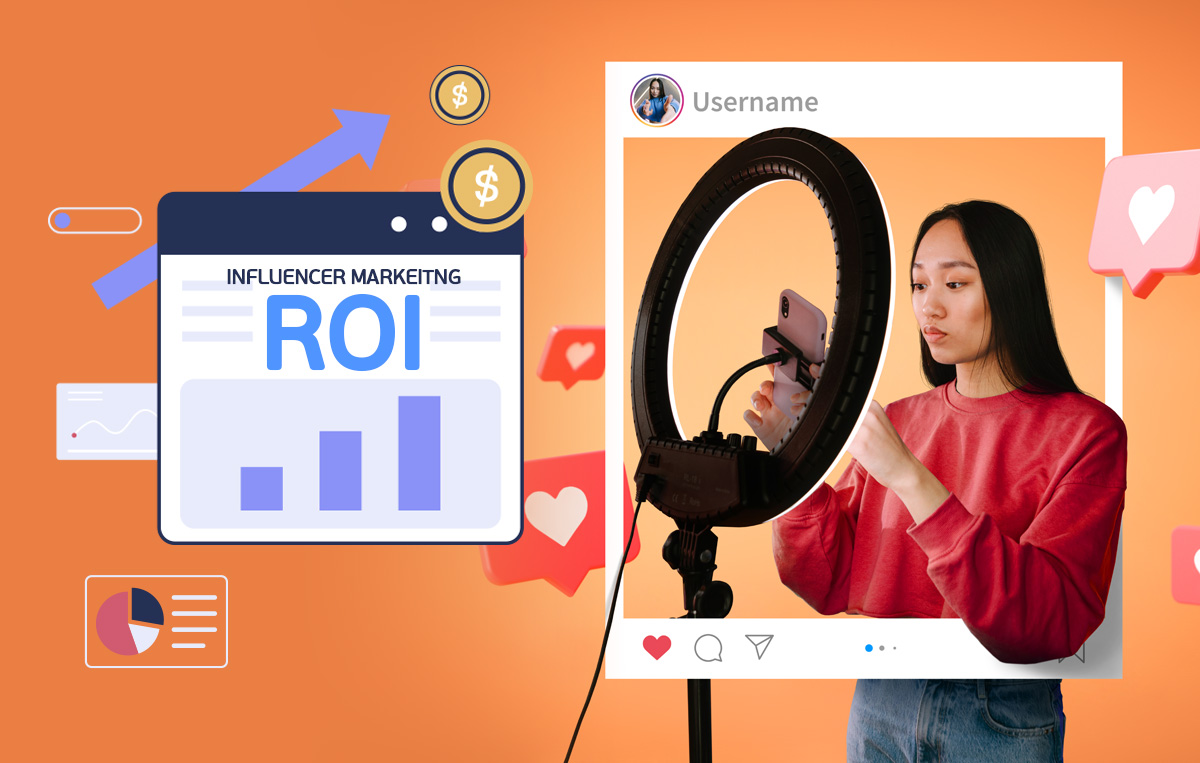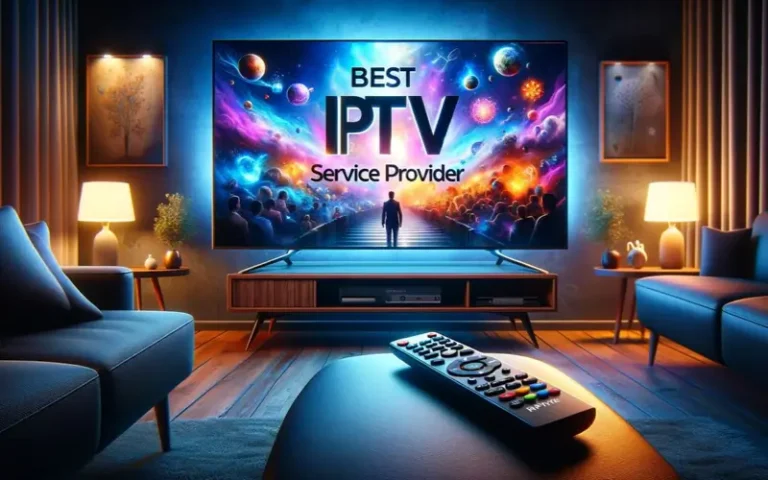Examining the ROI of Influencer Marketing Platforms: Is It Worth It?
Table of Contents:
- Introduction
- Understanding ROI in Influencer Marketing
- Benefits of Influencer Marketing Platforms
- Challenges in Measuring ROI
- Strategies for Improving ROI
- Future Trends in Influencer Marketing
Introduction
The rise of influencer marketing has shifted the way brands reach and engage with their audiences. With platforms designed to streamline and optimize the interaction between brands and influencers, businesses can now harness the power of genuine endorsements. One such influencer marketing platform for creators aims to enhance these collaborations by facilitating effective connections and measurable results. But a key question remains: Is these platforms’ return on investment (ROI) worth it?
To evaluate if influencer marketing platforms are a worthwhile investment, one must delve into the myriad factors contributing to such campaigns’ success. This includes analyzing these platforms’ effectiveness, benefits, and challenges. By understanding these elements, businesses can better navigate the complexities of influencer marketing and make informed decisions for future campaigns.
Understanding ROI in Influencer Marketing
Return on investment is a critical metric for any marketing strategy, indicating the profitability of an investment relative to its costs. In influencer marketing, ROI can be multi-faceted, encompassing direct sales and revenue, brand awareness, engagement, and customer trust. Tracking these elements requires a nuanced approach, considering the unique nature of how influencers impact consumer decisions.
Businesses often use quantitative data—such as conversion rates and sales figures—and qualitative factors like brand sentiment and audience reach to assess ROI. This comprehensive approach offers a thorough comprehension of the efficacy of an influencer marketing strategy.
Benefits of Influencer Marketing Platforms
Influencer marketing platforms offer several advantages to brands looking to maximize their campaign efforts. These platforms give companies access to a wide range of influencers, enabling them to select the best one for their target market and advertising objectives. Moreover, they often include tools for managing contracts, tracking performance metrics, and streamlining communication, thereby enhancing the efficiency of marketing initiatives.
Additionally, platforms facilitate data-driven decisions by offering insights and analytics that help brands refine their strategies. Such features help optimize campaigns for better outcomes, ensuring that marketing efforts produce tangible results.
Challenges in Measuring ROI
Despite the myriad benefits, measuring ROI in influencer marketing is challengingchallenging. One primary difficulty lies in attributing sales directly to influencer campaigns, as many factors contribute to a buyer’s journey from awareness to purchase. Furthermore, intangible metrics such as brand sentiment and reputation can be challenging to quantify, though they play a significant role in long-term brand success.
Another challenge is the variability in influencer performance. Even with a strategic approach, the results can be unpredictable, as they depend significantly on the influencer’s authenticity, audience engagement, and external market conditions. Overcoming these challenges requires a strategic approach to influencer selection and performance measurement.
Strategies for Improving ROI
To ensure a positive ROI from influencer marketing, brands must implement strategies that align closely with their business objectives. First, it is critical to select influencers whose personal brand and values align with the company’s ethos. This ensures a more authentic partnership, increasing the likelihood of genuine engagement from the influencer’s audience.
Additionally, setting clear, measurable goals for each campaign, such as specific engagement metrics or sales targets, enables brands to track and evaluate success accurately. Employing A/B testing and real-time analytics can also help refine strategies on the fly, ensuring campaigns are continuously optimized for better performance.
Future Trends in Influencer Marketing
As technology continues to evolve, so too does the landscape of influencer marketing. Emerging trends such as micro-influencers, video content, and interactive storytelling are becoming increasingly important. These trends offer new ways for brands to connect with their target audiences, fostering more personal and engaging interactions.
Influencer marketing platforms are expected to incorporate more advanced features like AI-driven analytics and enhanced audience segmentation tools. These innovations aim to further refine brands’ ability to execute precise, effective campaigns that yield higher ROI. Keeping abreast of such social media marketing industry reports can help marketers stay informed and competitive in this dynamic field.
Stay in touch to get more news & updates on Veri Fiedzine!






